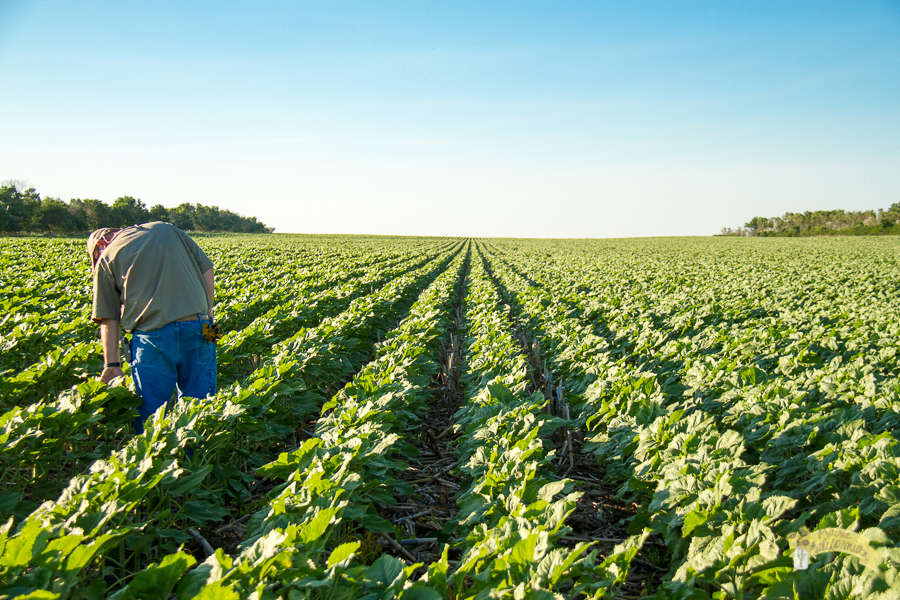
Precisely what is an agronomist?
An agronomist is an expert who applies scientific knowledge and procedures for the administration and production of crops. Agronomists do the job in a number of settings, from farms and ranches to governing administration agencies and personal businesses. They may function in research laboratories or train at colleges and universities.
Most agronomists have at least a bachelor's diploma in agronomy or perhaps a relevant field, including agricultural science or soil science. Lots of agronomists also have master's degrees or doctorates. The precise nature of the agronomist's occupation will depend on his or her specialty and employer.
Agronomists Perform an important role in making certain that crops are healthier and successful. They use their knowledge of plant science to create means to improve crop yield, battle pests and diseases, and preserve water as well as other resources.
The purpose of the agronomist
is to help the world meet its increasing food output requirements. According to the U.S. Bureau of Labor Figures (BLS), work for agronomists is predicted to increase faster than average, with openings on account of expansion and substitution requirements.
The work of an agronomist
is difficult and gratifying, with agronomists typically becoming involved with analysis and schooling.
The education and learning of the agronomist
Agronomists need at the least a bachelor's diploma in agronomy or relevant area from an accredited agronomists uni.
The way forward for agronomy
Agronomists help to make certain that the whole world's population has more than enough food, and they work to further improve crop yields and reduce agriculture's influence on the ecosystem. The BLS suggests that agronomists are in demand, but the level of competition for Work opportunities is probably going to generally be strong.
Summary
Agronomists are concerned with the review of plants, and they work in many different agronomists fields, from agricultural investigation to boosting crops. Agronomists are necessary to make certain that crops are produced read more for consumption, but Additionally they help create biofuels and other plant-based products and solutions.